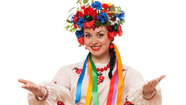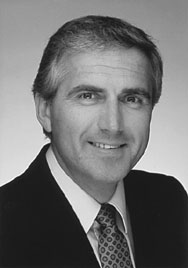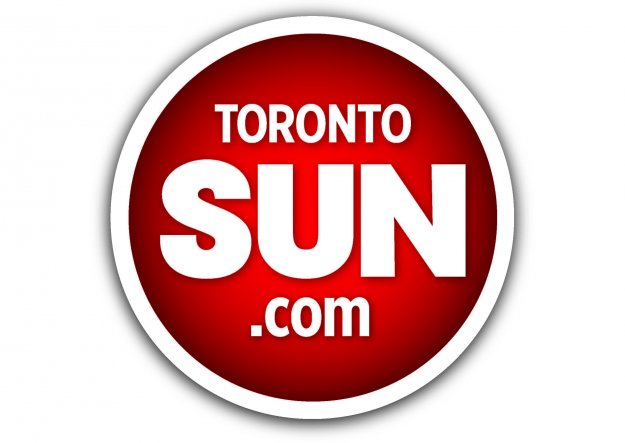 Professor Andriy Nahachewsky of the University of Alberta chronicles Ukrainian dance across borders and time in his new book Ukrainian Dance – A cross-cultural approach, analyzing traditional village culture as it expresses national identity as a an art form.
Professor Andriy Nahachewsky of the University of Alberta chronicles Ukrainian dance across borders and time in his new book Ukrainian Dance – A cross-cultural approach, analyzing traditional village culture as it expresses national identity as a an art form.
Ukrainian dance is a vibrate, colorful and full of high energy with a European style that has survived the Iron curtain with strong symbolic connection to its peasantry as a living heritage.
The book delves into Ukrainian dance and folk in general, how it is similar yet varied across countries and highlights the differences in dance between western and eastern Ukraine, skilled and unskilled, male and female, old and young, rich and poor. It challenges many previous elite Western theatrical traditions that would usually only dedicate a small chapter to such an antiquated and ‘crude’ art form.
The book identifies Ukrainian dance into two key characteristics: its legacy of peasant tradition and experience of the moment (vival dance) and the power of diverse stage dances connecting with the past as heritage (reflective dance). Reflective dances are broken down in the book into national dance, recreational, education and spectacular.
Readers should be aware that is not attempt to chronicle a history of Ukrainian dance, you won’t find much illustration or instruction to help you identify particular dances at functions or educate you on their histories, but rather it surveys approaches to dancing, to identify important trends and explain change.
The book’s cross-cultural approach also shows how Ukrainian cultural is a larger part of ‘Western culture’, including significance of romantic nationalism, secularization, folk revivals, as well as many non-Ukrainian examples.
Ukrainian Dance–A cross-cultural approach is available at local retailers and online at Chapters, Amazon, Google Books and Barnes and Noble.
Professor Andriy Nahachewsky is the Director of the Kule Centre for Ukrainian and Canadian folklore, with a Masters degree of fine art in dance who has studied in Ukraine and elsewhere in Europe for the past 40 years.
The book launches this Tuesday, May 8, 2012: 7PM at the UNF Hall at 145 Evans Ave. The author will give a brief talk, followed by Q&A. Books available for sale and autograph. Light refreshments.

View Larger Map


 In 1988 the CBC produced a great documentary exploring the history of Ukraine, its culture and its politics as it reached across to Canada through 100 years of immigration. It covers the origins of Ukrainian nationalism, the waves of immigration to Canada and their challenges, and even looking forward as to what it means to be a Canadian of Ukrainian descent – before the collapse of the Soviet Union! It was produced in commemoration of 1,000 years of Christianity in Ukraine
In 1988 the CBC produced a great documentary exploring the history of Ukraine, its culture and its politics as it reached across to Canada through 100 years of immigration. It covers the origins of Ukrainian nationalism, the waves of immigration to Canada and their challenges, and even looking forward as to what it means to be a Canadian of Ukrainian descent – before the collapse of the Soviet Union! It was produced in commemoration of 1,000 years of Christianity in Ukraine  Professor Andriy Nahachewsky of the University of Alberta chronicles Ukrainian dance across borders and time in his new book
Professor Andriy Nahachewsky of the University of Alberta chronicles Ukrainian dance across borders and time in his new book 

 An odd, bitter piece was
An odd, bitter piece was